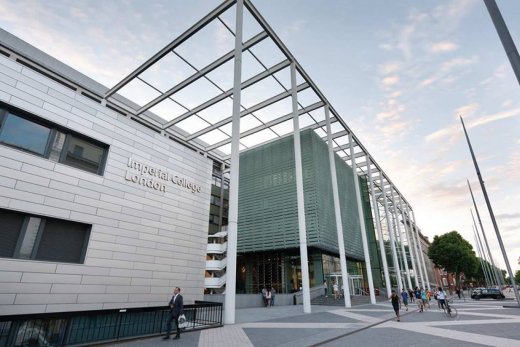04/04/2016
SensUs team update: Imperial College London
This is the second edition of a series of updates from the SensUs student teams. In this series, the teams summarize what they have been doing, recently. This week is the update from the Imperial College London SensUs Team:
With the second term at Imperial drawing to a close we are happy to inform SensUs of all our advancements. The weekly meetings of the team and divisions within the team have allowed us to make significant progress.
The Imperial Team began by conducting Market Research, contacting various experts in the field of biosensors from clinicians to GP's and Professors, by sending out emails which contained an online survey which can be found on our website. We managed to get in touch with some very useful contacts including Professor Pusey, Head of Renal & Vascular Inflammation Research in the Department of Medicine at Imperial. He offered to circulate our survey throughout his department as well as potentially distributing it via the renal association which has the capacity to reach nephrologists nationwide. This opened up our Market Research potential and meant we had the ability to gain lots of valuable information. The Market Research continues and we hope that by summer we have detailed information of the areas of our biosensor that we should focus on.
Whilst the market research was being undertaken, predominantly by the designated Market Researchers within the team, the rest of the team were researching all the existing creatinine sensors as well as potential other systems that could be used, these included Molecularly Imprinted Polymers (MIP's), Enzyme based systems, Aptomers and Antibodies. From the research, we decided to home in on MIP's and Enzyme based systems. The team is likely going to be split up in to two with each sub team focusing on one of the options.
The two webmasters of the Imperial Team also began to develop a website, which was completed just over a month in to the competition and alongside various emails being sent out, this has helped us to secure the team sponsorship, from Orion High Technologies S.L. who have kindly offered to supply screen printed electrodes free of charge. We also have other companies who may be interested.
Fortunately, we have also had access to data from the potentiostats we could potentially be using and so our Head of Data Analysis has been hard at work producing a program which effectively works through the text files produced and plots a graph. This will allow us to efficiently test sensors.
In the upcoming weeks each team member is to propose which enzymes they think should be used. From this we will vote on the which enzymes we think should be used in the system. After this we hope to develop a protocol for both the MIP and Enzyme systems so that in summer we can immediately begin testing. During the Easter holidays we hope to get in to the labs to learn some basic techniques and understand how to handle the bovine plasma that we have recently ordered. Alongside this we are also developing a Gantt chart so that we have deadlines to keep to so that we maximize our progress.
To follow the team's progress like us on Facebook: or visit our website.

Facebook
YouTube
LinkedIn
Instagram